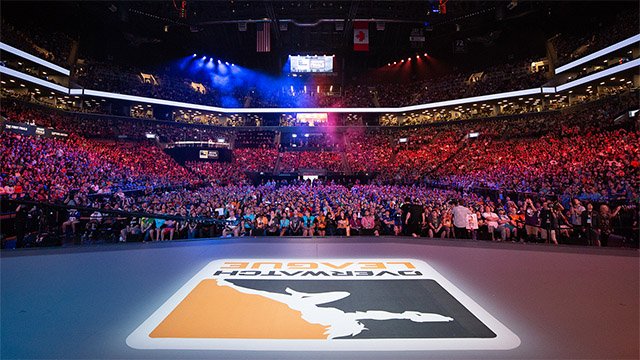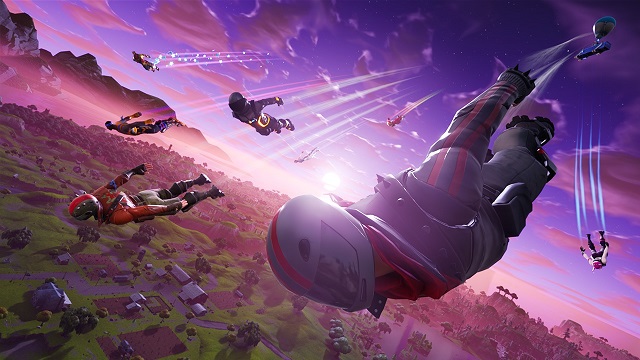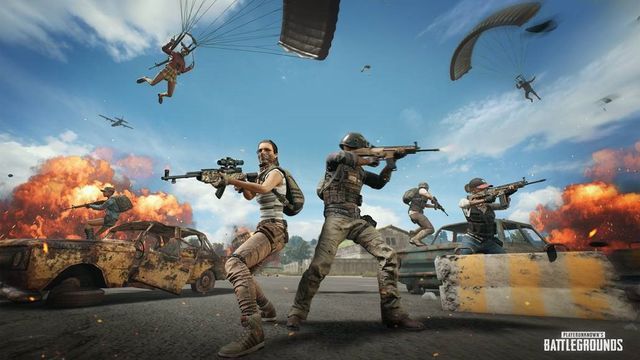Both Fortnite and PUBG are vying to become the next big esport in 2019, having both become titans in the battle royale genre. Their popularity is almost unfathomable with millions of concurrent players, but esports still has yet to hold an audience that could rival the playerbase those games have. At the Overwatch League finale earlier this year, over 10 million viewers tuned into watch the teams compete. But there is a reason that battle royale games have struggled to find a dedicated audience, and it is the genre itself.
Like its non-electronic counterpart, esports are meant to be an example of the pure skill, training, and teamwork. It is about understanding the map, tools, and rules perfectly and knowing exactly how to exploit them. Look at competitive Street Fighter tournaments and you’ll see players perfectly take advantage of any enemy folly, while delivering incredibly precise combos. Games like Overwatch and Rainbow 6: Siege have the best players eliminate targets with unparalleled accuracy, all while utilizing the map to their advantage. The scales of these matches are perfectly balanced so that nothing but the players skill influences the outcome.
But in battle royale games, there is an element of luck that cannot be removed or ignored.
However, there are obviously a lot of players are incredibly skilled at battle royale games. Being able to build complex defensive structures quickly in Fortnite is incredibly effective for overcoming attackers, while the way good PUBG players amazing use of sightlines, patience, and accuracy is also similarly remarkable. But regardless of these, the game is never evenly balanced.
They Didn’t Come to Watch a One-Sided Fight

Taking Overwatch for example, the players always spawn in the same designated location, whereas players are dropped along a randomized line in battle royale games. This means that sometimes, players will not be able to begin where they are most comfortable. And more importantly for the genre, they might not be able to end where they are most comfortable either.
A huge aspect of the battle royale genre, one that ensures the matches are timely, is an ever shrinking safe zone. But to avoid all the players attempting to capture the last safe zone from the beginning, each map is different with unpredictable final area. While Overwatch has completely unchanging maps that allow players to master each location and its various strengths and weaknesses, battle royale games have a constantly shifting map that is never quite the same.
And this doesn’t just affect the final stage either, but the way players have to approach a situation. Lucky combatants might find themselves safe in the central from the beginning, while other have to travel great distances to find that same security. This means that some players have an advantage over others by the nature of the game, not by skill or direct player action.
Landing Anywhere

Of course, a lot of the extremely talented players show remarkable skill in adapting to different situations, and this is something that other esports celebrate as well. Again looking at Overwatch, you can see the league teams switch out heroes to find weaknesses in the other teams structure. But the battle royale element of adaptability is entirely based on the game, not the other teams.
And then of course there is the equipment. I couldn’t tell you how many games of PUBG I have played where I haven’t been able to find a decent helmet, or the ammo I needed, or something that wasn’t a shotgun. In Fortnite, you might struggle to find any healing supplies or rare and high damaging weapons. And that is just the way it goes, that is part of the core concepts and the fun of the genre.
But on a competitive level, teams that cannot find anything but a pistol being eliminated by snipers from across the map is a bit unfair. And that feeling might make it less enjoyable to watch as well. Imagine seeing your favorite team fruitlessly loot a town before being ambushed and eliminated by an arguably worse team that got lucky.
The battle royale genre is one that is designed to feel tense. Players are meant to feel unsure of their surroundings and their equipment, and these slightly random mechanics do that perfectly. Whether you’re pushing into the safe zone or terrified about the incoming invaders, you are never meant to feel confident in your position. Nor are you meant to be confident in your loadout, as it changes each game and can always be improved in one way or another.
But the competitive games are meant to have some kind of order to them. Pro players are meant to be able to show off and test their skills against players on a balanced playing field. Losing in esports is not bad luck not a bad move or bad decision sometime earlier. And while the competitive players in the battle royale genre will always try to demonstrate their adaptability, some players will just be out of luck. That may be part of the genre, but that doesn’t mean it will be a good esport.







